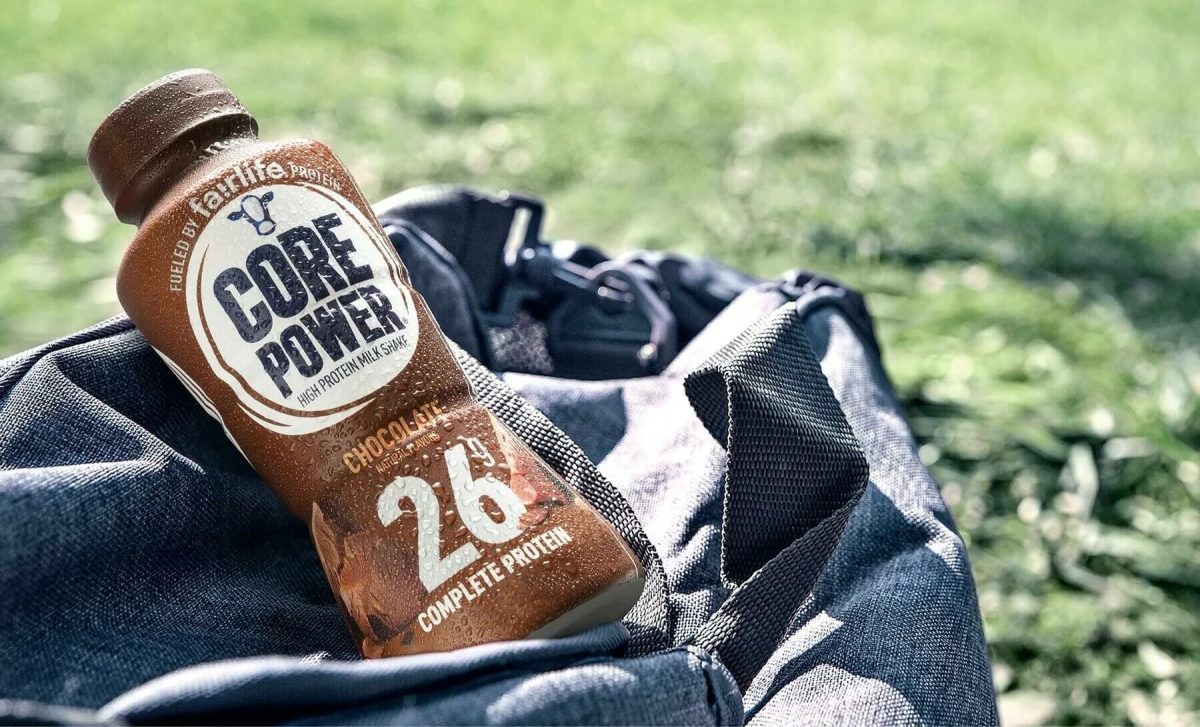The third quarter of 2025 gave way to ‘one of the worst consumer sentiments we have seen in decades’, according to Kraft-Heinz’s CEO, Carlos Abrams-Rivera.
He wasn’t just making excuses for his company’s year-on-year net sales decline of 2.5%, either.
Across sectors, executives spoke of weakening demand in the second half of the year, as US tariffs and geo-political instability took their toll… on some more than others.
McDonald’s CEO, Chris Kempczinski spoke of a ‘bifurcated consumer’ in the US, as lower-income customer traffic declined nearly double digits, while that of higher-income customers increased by double digits. (Although, he added that this was a continuation of an existing trend.)
Colgate-Palmolive’s CEO, Noel Wallace, also said its mid-price and bargain brands in the US were suffering while premium and super premium products sold well.
Both the UK and European marketers are softening, too, said Associated British Foods’ CEO, George Weston, adding that it was ‘particularly so for Primark’s core customer base,’ meaning people on lower-incomes.
Weston also articulated another trend that emerged across regions and categories in Q3 — the Ozempic effect.
‘I think we have to accept that GLP-1s are going to take a couple of percent off food production in Europe,’ he said.
Coca-Cola’s CEO, James Quincey, mentioned his company is collecting data on how weight-loss drugs are affecting consumer behaviour, and has noticed that users drink fewer full sugar soft drinks, but more diet soft drinks, coffee, and protein drinks.
Protein was the order of the day elsewhere, too. Kraft Heinz said it was now emphasising the high levels of protein in some of its brands, and Mondelēz spoke about doubling down on its protein products.
Obviously AI was talked about a lot, although perhaps not as much as you’d think, or by the brands you’d expect.
Wallace got quite excited about the tech, saying Colgate would ‘significantly enhance consumer engagement through optimised, real-time, and compelling visual storytelling through AI-developed content.’ And Procter & Gamble’s CFO, Andre Schulten, called agentic shopping ‘an opportunity’ that brands need to be prepared for, and which he feels P&G is well positioned to exploit.
Airbnb’s CEO, Brian Chesky, offered a cute twist on AI hype, saying ‘a bet on Airbnb is a bet on AI’ because ‘the more AI proliferates the content we consume on devices, the more people are going to yearn for real connection with real people in the real world’.
Excluding the tech platforms, which continue to hoover up ad spend, the most cheerful earnings call we listened to came from the Monster Beverage Corporation, which enjoyed record net sales and income in Q3.
CEO Hilton Schlosberg said the performance was partly because energy drinks are ‘becoming more acceptable in society’. But also, less cheerfully, because ‘coffee house coffees are becoming really expensive, and energy drinks are seen as a more affordable alternative.’
Click here to read more insights and titbits from Q3 earnings calls.

